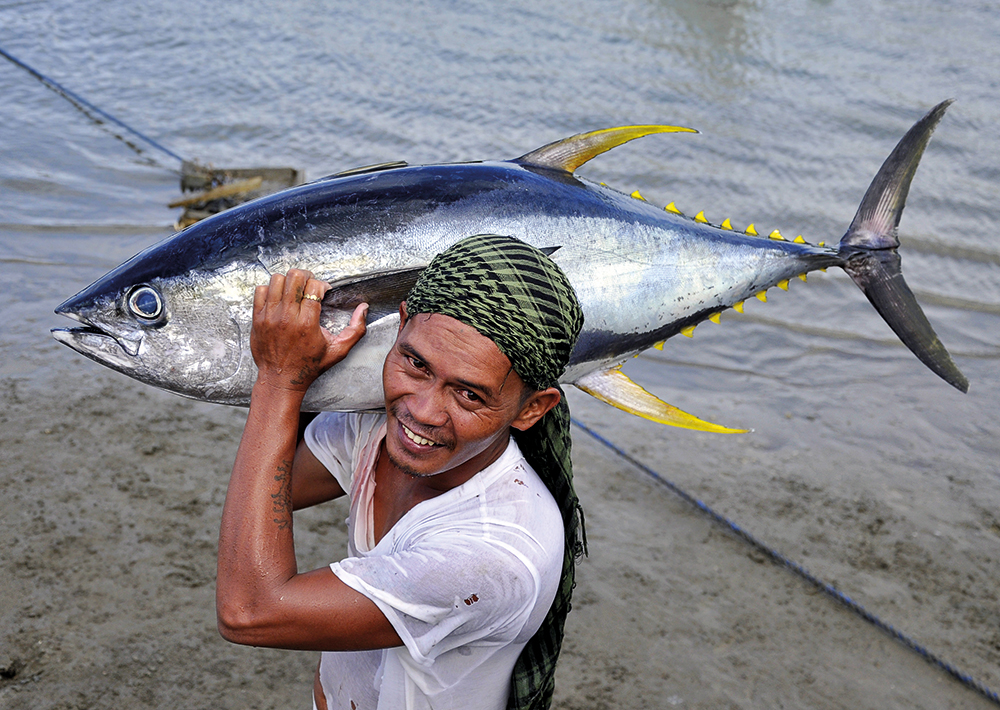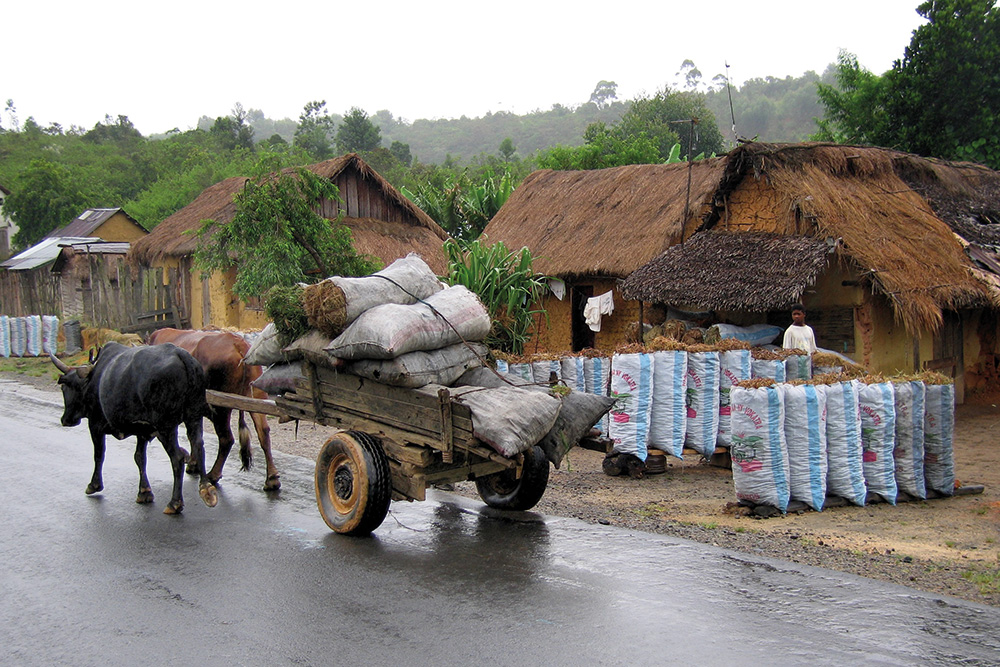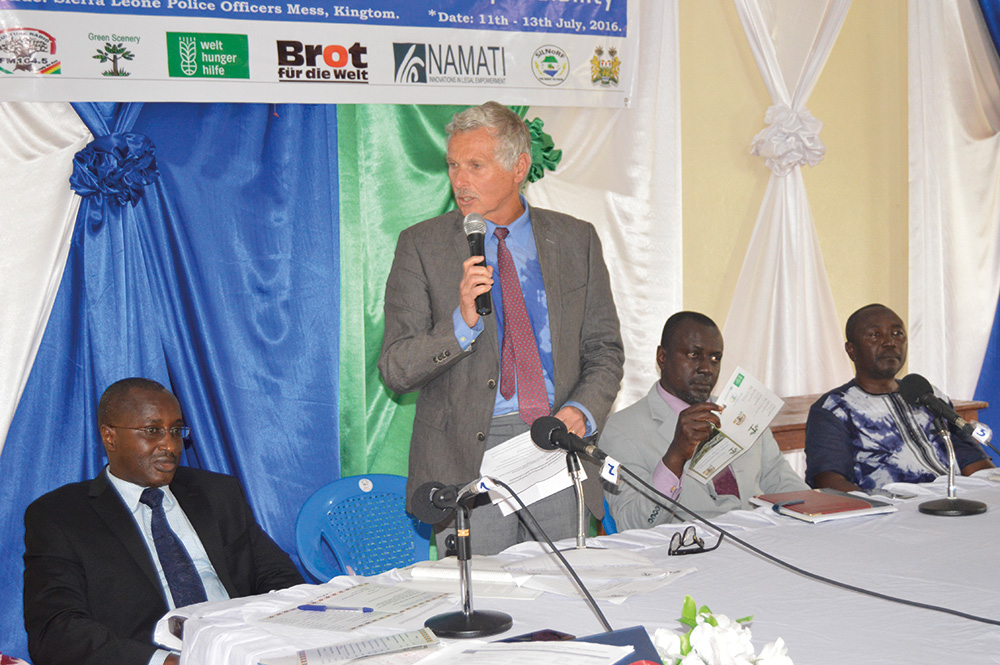Linking poor livestock keepers to markets
The growing global demand for animal products also offers poor livestock keepers the opportunity to switch from the subsistence to the market economy. Our author gives an account of three approaches in the meat and dairy sector in Africa and Asia with their respective potentials and limitations – and also warns against possible negative effects.









